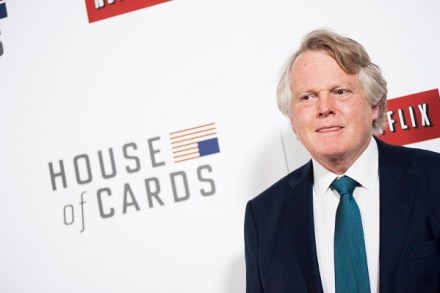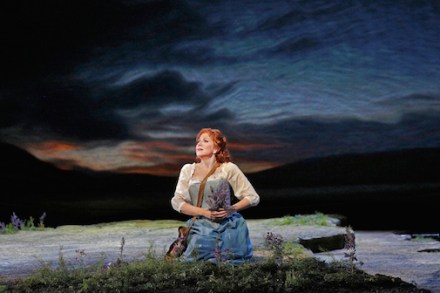Opera North’s Gianni Schicchi and La vida breve reviewed: a flawless double helping of verismo
Is there a more beautiful aria than ‘O mio babbino caro’ from Puccini’s Gianni Schicchi? There are more overwhelming moments in opera, to be sure, but few arias can rival it for the way its beauty kicks you in the back of the knees; its gentle rocking motion causes your shoulders to slump while the little floated top notes dilate the music’s gaze, drawing the listener irresistibly into its secret promise of untroubled bliss. Nor does it help that the aria’s whole point is to be irresistible. ‘Daddy dearest, I love him so,’ sings Schicchi’s teenage daughter Lauretta. She might equally be thinking of a doggy in a window: it

















